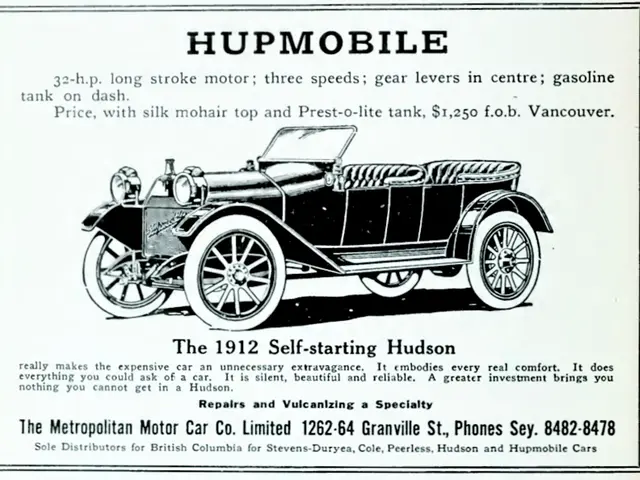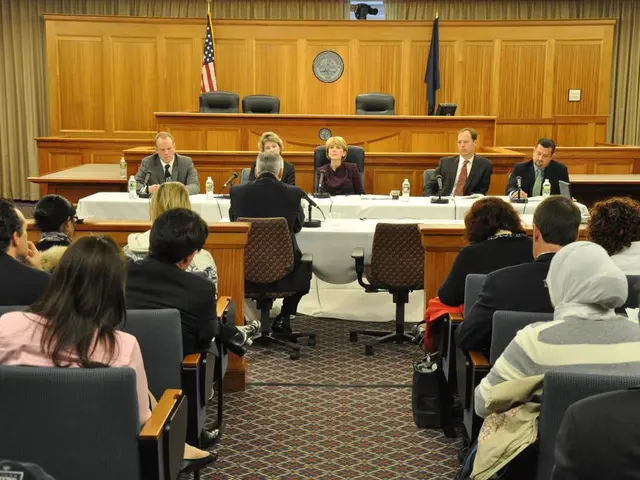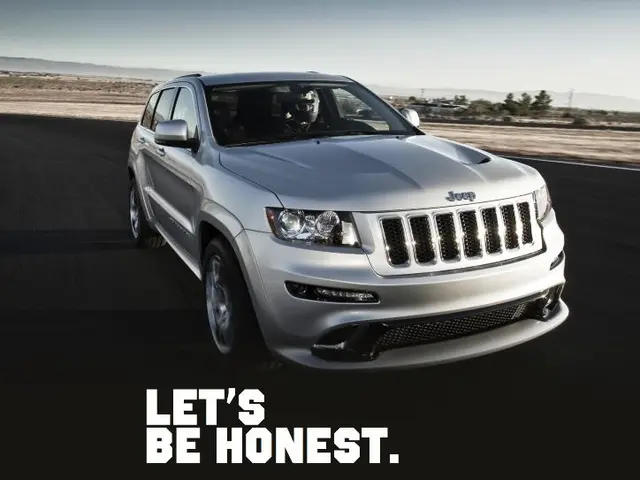Over three-quarters of Honda drivers in Russia face potential fatal airbag explosions, similar to a lethal projectile, due to the Takata pillow issue.
Unaddressed Takata Airbag Recall Persists in Honda Vehicles
Approximately 76% of Honda vehicles in Russia have not been serviced to replace potentially hazardous Takata airbags, Maxim Pavlov, head of the quality control and technical training department at "Motor-Pleys"—the official supplier of Honda cars in Russia—revealed to Gazeta.Ru.
As of now, repairs have been carried out on around 35,000 Honda vehicles. A staggering 110,000 vehicles remain unrepaired. According to Pavlov, Honda dealerships have all the necessary parts and trained personnel to perform these repairs.
Pavlov expressed concerns for those who have not visited official dealers or checked their vehicles on the Rosstandart website, noting that they remain at risk. However, due to existing data protection legislation, there is no other way to notify these car owners.
Historically, Gazeta.Ru has reported extensively on the challenges associated with implementing Takata recall campaigns in Russia. The issue with Takata airbags, where the inflator housing can rupture upon deployment, potentially causing injuries to occupants, dates back to 2004. As a result, a global recall campaign was initiated to replace faulty airbags in over 100 million vehicles of 34 brands worldwide, ultimately leading to Takata's bankruptcy.
In a previous report, Gazeta.Ru disclosed that 75% of Mitsubishi vehicles in Russia have not had their dangerous Takata airbags replaced.
Worldwide, various measures are being implemented to reach car owners affected by the Takata airbag recall, particularly those who have not visited official dealers or whose vehicles may be off the grid (such as second-hand or grey market imports). Efforts include direct communication with registered owners, public awareness campaigns, collaboration with authorities, and physical inspections. However, multiple challenges persist, such as understaffing, communication breakdowns, and dealing with grey market vehicles.
To tackle these difficulties, manufacturers and authorities routinely send letters, emails, and sometimes SMS notifications to registered vehicle owners urging them to contact their nearest dealer for a free repair or replacement. Additionally, online lookup tools are provided where car owners can enter their Vehicle Identification Number (VIN) to check for open recalls, including Takata airbag issues. Public awareness campaigns use media, social media, and safety websites to raise awareness about the risks and urgency of the recall.
Despite these efforts, second-hand, grey market vehicles remain particularly difficult to trace and notify, as they may not be registered in official systems or covered by standard recall processes. Some regions attempt to inspect vehicles during mandatory technical tests or roadside checks, but resource limitations often limit these efforts. In some cases, authorities have been asked to block technical inspections or registration renewals for vehicles with defective airbags until they are fixed.
In light of the ongoing Takata airbag recall, it's critical for automotive manufacturers to collaborate with the finance and transportation sectors to ensure proper notification of affected vehicle owners. For instance, banks could be encouraged to flag any car loans associated with recalled vehicles, or vehicle registration authorities could require proof of repair before issuing a new registration. Additionally, the industry could explore partnerships with transportation platforms, such as ride-hailing services or vehicle sharing companies, to ensure their fleets are compliant with the recall.








